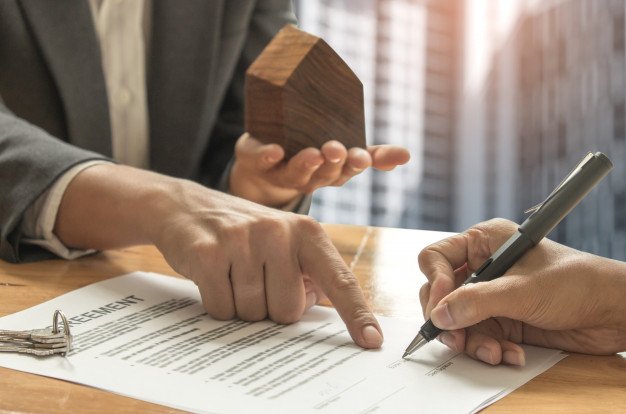Whether you rent a fully-furnished property or an unfurnished property to fill with your own furniture, or you rent furniture, there are certain inalienable rights that Indian law grants you as a tenant.
Some of these rights pertain to your rights in negotiating the rental agreement, others offer protections during the rental for you and your furniture, for example, your couch or refrigerator on rent. However, in all scenarios, the law is on your side as the tenant and under no circumstances can your landlord breach these rights.
Fixation of Fair Rent:
As a contractual tenant, you are offered protections on the price you agreed to pay for the property rental. This means that during the contracted period, your landlord cannot unjustly increase the rental price.
If the landlord believes you are not paying enough rent for the property, he or she must approach the Rent Control Court to apply a fair rent to the property. The Rent Control Court dictates that fair rent is 9% of the total market value for the building.
Fit for Living:
The tenant has the right to a property that is fit to be lived in. If the property becomes unsafe due to bad electrical wiring, and holes in the floor, or ceiling, the landlord must take measures to repair the property and ensure it is fit to be lived in.
Peace of Living:
As a tenant, you are entitled to peaceful living. This means the landlord cannot enter the rented property without prior notice and communication.
Essential Services:
The landlord cannot disconnect essential services like electricity and water. If your landlord is threatening to do this over late rent or any other dispute, inform them that you will approach the Rent Control Court and file a complaint against them.
Points of Contact:
The tenant must have the contact information, including telephone numbers, email addresses, and postal addresses of the landlord. The landlord is also available to contact at any time.
Unfair Eviction:
The landlord cannot evict a tenant without valid reasons. They must also inform the tenant as to what those reasons are.
There are only a select number of valid reasons for which a landlord can seek eviction. These are unpaid rental payments, the tenant subletting the property without the landlord’s consent, causing a nuisance, or if the landlord has plans to move into the property themselves.
Repairs:
The landlord is obliged to pay for any repairs to the property. If the tenant pays for any repairs out of their pocket, they are entitled to reimbursement from the landlord.
Deposit Return:
The landlord cannot withhold the security deposit without citing specific, valid reasons.
Building Energy Rating:
Before signing the tenancy agreement, the tenant must be able to access the property’s Building Energy Rating (BER). This is the rating which informs prospective tenants how energy-efficient the property is and is a reflection on how much heating and air conditioning bills might be.
Legal Heirs:
In the event of a tenant’s death, all of the legal protections afforded to that tenant are immediately passed to their legal heirs. This means the landlord cannot evict the legal heir of the deceased tenant without a valid reason.
Read Also:























All Comments
Rommy
Hey Ariana, Great post! I really enjoyed reading your insights on Rights You Have as a Tenant. You brought up some interesting points that I hadn't considered before. I especially liked the way you explained the topic on "rights in negotiating the rental agreement"– it made the concept much clearer for me. I also appreciate how you provided and explained certain inalienable rights, to further explore the topic. It's evident that you put a lot of effort into your research. Keep up the excellent work! Looking forward to more posts from you. Cheers!